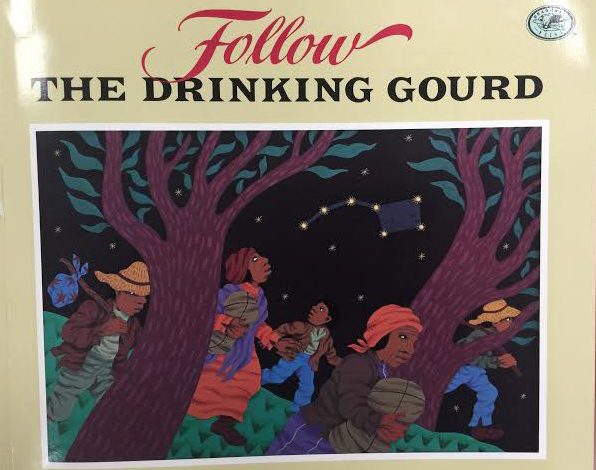I think it’s fair to say that we all have a love/hate relationship with research. A study comes out espousing a new and improved way to brush our teeth only to find out a year or two later that we had it right all along. Fat is the cause of obesity and is bad for our health. Non-fat becomes the craze; then we learn we need to eat good fat!
What Does Research in Education Say?
In the world of education, we swing from one method of instruction to another based on current research. Presently, educators are focused on differentiated instruction which basically means we teach whatever works for any given student. For all the innovations in education and research there are some consistent discoveries that are worth practicing. Decades of research shows a positive relationship between parental involvement and academic achievement-reporting it to be the number one factor for success.
Parental Involvement
It’s common sense, right? The person closest to the child, the one who taught him how to eat with a spoon, tie his shoes, learn colors, and ride a bike, has tremendous influence and opportunity to teach their child. Parental involvement is not about volunteering at school and helping with homework. Parental involvement is spending purposeful time with your child, interacting, supporting, and encouraging them in the learning process. This kind of involvement is easier for those who have chosen to homeschool but it is possible for those in public and private school as well.
Engage Your Children
Conscientious parents often greet their child at the end of the school day with questions like: how was your day, what did you do today, or what did you learn today? Frequently parents receive the classic response-“nothing”. But you know this isn’t true. Your child spent six hours in the classroom with direct instruction, group work, and structured and unstructured interaction with peers! So how do you extract this knowledge from your child and become involved in his learning? Somewhere in the backpack or school folder is a clue. An art project, a map, a new reader, or a note from the teacher can all function as a catalyst for conversation.
After our Kindergarten teacher read the Follow the Drinking Gourd to the class, a little boy went home excited about this lesson on the Big Dipper.  He carried home a model of the asterism and was able to explain what he had learned at school. The parents extended the classroom learning with their son by searching for the Big and Little Dipper in the night sky. The learning became relevant and was reinforced by the parents’ involvement. This young student will long remember the lesson he learned that day.
He carried home a model of the asterism and was able to explain what he had learned at school. The parents extended the classroom learning with their son by searching for the Big and Little Dipper in the night sky. The learning became relevant and was reinforced by the parents’ involvement. This young student will long remember the lesson he learned that day.
Rather than asking a broad question when you pick your child up from school or an activity, try searching for a catalyst for conversation and say, “tell me about this story you wrote (or book you’re reading, or picture you drew).”
Is there a learning project that you and your children really enjoyed exploring together? Please share your experience below.

